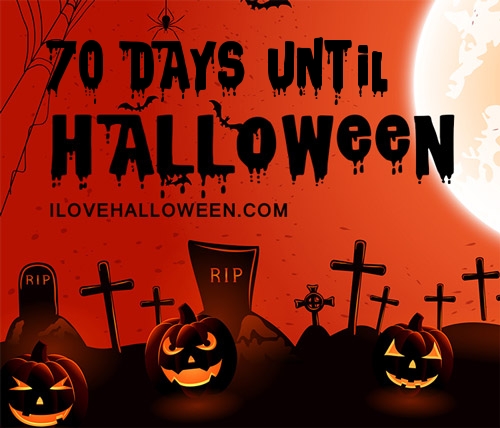
Blacula (1972)
Starring: William Marshall, Vonetta McGee, Thalmus Rasalala and Denise Nicholas
Director: William Crain
Rating: Seven of Ten Stars
When an African prince (Marshall) resists Dracula's attempt to feed on him and his wife (McGee), Dracula curses him to be a vampire like himself. One hundred years later, Dracula's curse is unleashed upon an unsuspecting Los Angeles as "Blacula's" coffin is moved there from Transylvania and opened
"Blacula" is a funky (in ever sense of that word), modern Dracula tale told through the well-polished lense of 1970s blaxploitiation. Much of this must have been goofy to the audiences in 1972, and it's only gotten goofier with the passage of time.
That said, the pacing and acting featured in "Blacula" is actually better than many "straight" vampire movies from that same decade, and similarly superior to what you find in most other films of the blaxploitation genre. The script is also more interesting overall.

Classically trained Shakespearian actor William Marshall is particularly excellent as the African prince Mamuwalde who fell victim to Dracula's curse while visiting his castle, giving a performance that elevates the character above the cartoon it could have so easily become onto a level where the audience feels sympathy for him. Marshall gives us a character that is driven more by anger at his situation than bloodlust--and what culturally refined black man wouldn't be angry waking up in 1972 to find himself surrounded by giant 'fros and even larger heels, vampire or no?--but he also makes the pain felt by Mamuwalde come straight home to the viewer and makes us buy into the story of love lost that really ends up giving this movie a punch.
If you liked Francis Ford Coppola's "Bram Stoker's Dracula", I think you'll probably enjoy "Blacula". Coppola's film has more in common with this than it does Bram Stoker's novel.
"Blacula" is also a film that will enliven any Bad Movie Night. With its blend of horror, blaxploitation, romance, and goofiness (both intentional and unintentional), it's a film you can't go wrong with.



















No comments:
Post a Comment